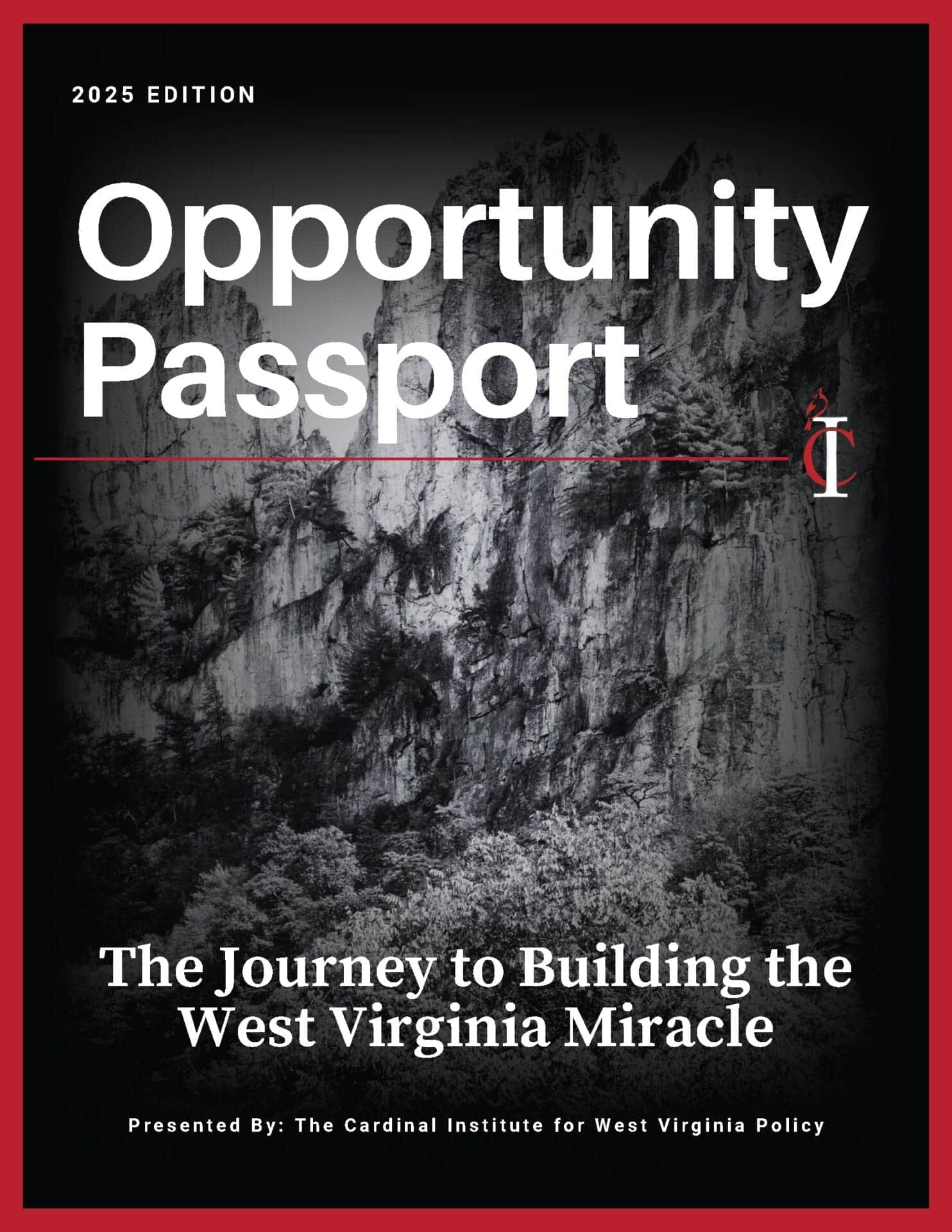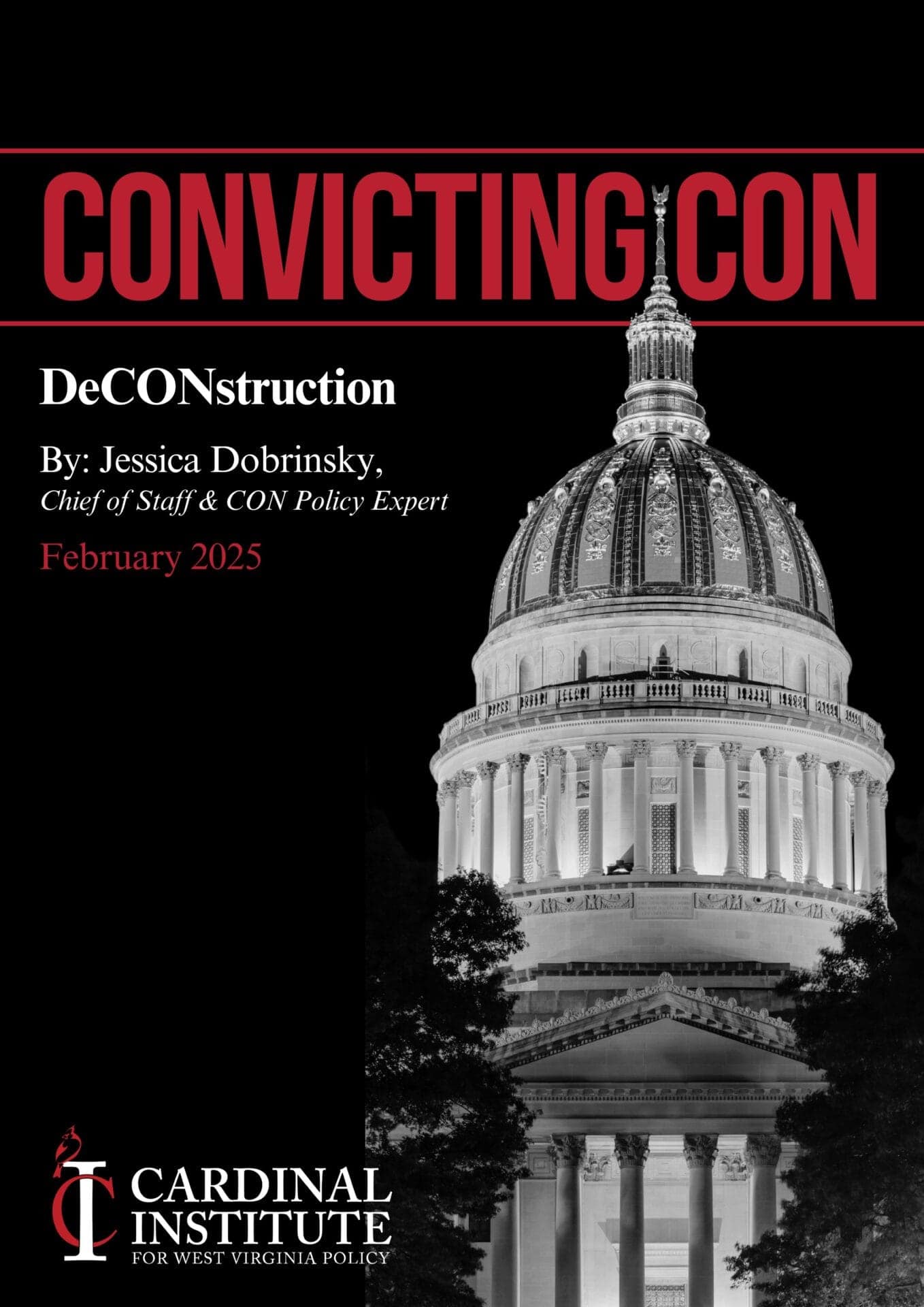
Charters can lead: Career education leads to good jobs
Cardinal Team
This op-ed was originally published in The Register~Herald on January 27th, 2021. You can read the original article here.
Traditional high schools aren’t for everyone. People like to learn different things in different ways. That’s why vocational and technical schools can be so attractive for many young adults.
In Beckley, for instance, The Academy of Careers and Technology helps high school juniors and seniors develop their passions for game design, carpentry, auto repair, law, medicine and much more.
These are professions that provide jobs, the dignity that comes with working, and the satisfaction of work well done.
Shorthand for such career and technical education programs is CTE. Did you know that there are not just public CTE schools like the Academy but a variety of public CTE charter schools all over the country?
In Miami, students learn about sports management and leadership starting in grade six. In Georgia, tech students learn in the same charter school as JROTC students and academically talented students.
At a CTE charter in Arizona, high school students prep for careers in business and finance. And in Boston, the students get ready for health careers.
These diverse models all work because they provide real-world skills that matter in the community. Parents are thrilled to have these opportunities for their kids.
Charter schools have the added benefit of being able to pivot faster than traditional public schools. If a certain kind of job becomes important in town, the charter can adapt. If there are no more jobs in that area, that program can end.
And in the COVID era, we have seen public charters and private schools adapt much more quickly to safety protocols than traditional public schools – allowing students to continue to learn safely and in-person.
Unfortunately, West Virginia does not offer any such choices. Although public charter schools are technically allowed, state regulators have made it all but impossible to start one. Last fall, the West Virginia Academy applied to become the state’s first charter school. But the Boards of Education in Monongalia and Preston counties teamed up to cancel it.
It seems much harder to get a new school started in West Virginia than anywhere else.
This means a lot fewer students in our state have access to alternative schools that fit their passions and skills. That means fewer kids are able to go straight from high school into a well-paying job. And that makes economic development much harder for struggling communities.
School Choice Week, the last week of January each year, gives us an opportunity to imagine a future where children learn in the schools that would be best for them. Let’s ask our legislators to get rid of the unnecessary regulations that keep good, new schools from opening – especially CTE charters.
— Adam Kissel is senior fellow at the Cardinal Institute for West Virginia Policy.







